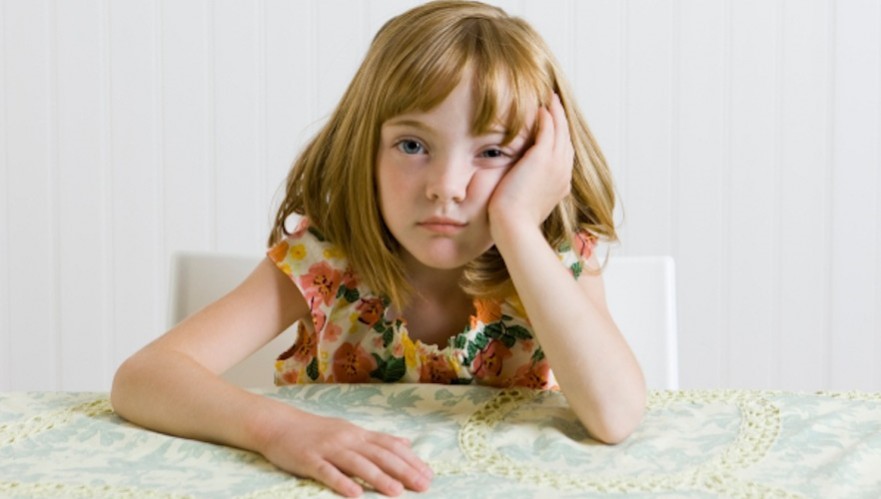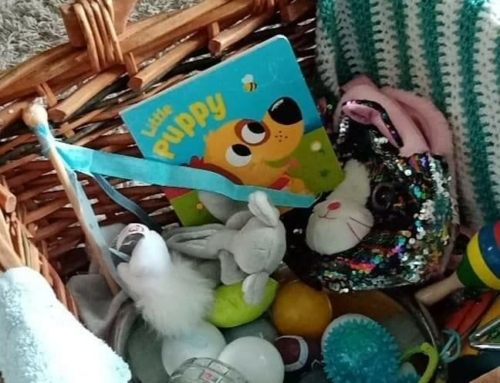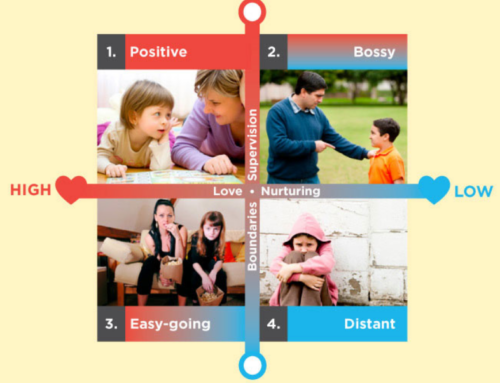Less than a week into the summer holidays, I don’t know if it is just my house, but the phrase most used at the minute is “I’m bored”.
But why does this have to be such a bad thing? Why do we always need to have something to do? Children and even some adults are so used to having endless activities and structure, that when these aren’t available they just don’t know what to do. Of course, structure and routines are an important part of everyone’s day, but we also need to make time for ‘boredom’ or simply just be!
Most children have copious amounts of toys and not to mention the many different types of gadgets such as phones, iPads, computers, and television. You might even wonder how can they be bored? Everything they need is at the touch of a button or swipe of a finger, there is no waiting, they are constantly being overstimulated, thus leading to higher levels of boredom when they aren’t able to get this instant gratification. Recent studies highlight that children under the age of 5 who spend 2 or more hours on screens are 8 times more likely to develop ADHD.
If you think about it, almost all toys and games today come with instructions. Even Lego has endless pages of step-by-step tuition on how to build all their different figures. It has really taken all the originality and creativity out of play.
I think we as parents are afraid to let our kids be bored. We feel that it reflects on our parenting skills, but the good news is, not only is boredom good for children it is actually essential.
The main reasons boredom benefits children:
- Nurtures Imagination and Creativity.
Allows them to build/construct or be whatever they choose, opens a world of possibilities. It can be real life or fantasy. Having a vision and being able to use your own initiative is a huge plus for interviews later in life.
- Promotes determination and problem-solving skills
Decision-making – Decide what you want to do, whether it will work, what to do if it doesn’t and, more importantly, try again.
- Encourages confidence and self-esteem
Satisfaction and pride of doing well, achieving things for themselves, allow them to take risks. It may not always work but they can always try again, which helps them to learn what it is they like or their own interests. What they are good at or maybe not so good at.
- Develops social skills and relationships
Working together with others, learn to work as a team, communication, and sharing whether they follow others or take the lead.
- Improves mental well-being
Enjoying play, achieving, and making memories, never did a good story start with ‘this one time, on my iPad…!’
So what can we do?
- Allocate time for ‘boredom’
- Provide objects/resources and let them decide what to do (no internet/ electronics/instructions allowed) this can be adapted for any age. It can be blocks, Lego (without the instructions!), junk/natural material, blankets, books, messy play, or simply being outside.
- Don’t mind the mess, make tidy up after a game also.
Don’t be under pressure trying to keep your kids entertained this summer. Allow them to think for themselves… their memories will thank you for it!
Lifestart and SOOC are always here to help. From 26th – 30th July, we will be hosting 2 interactive play webinars and providing some great ideas on how children can embrace boredom!







